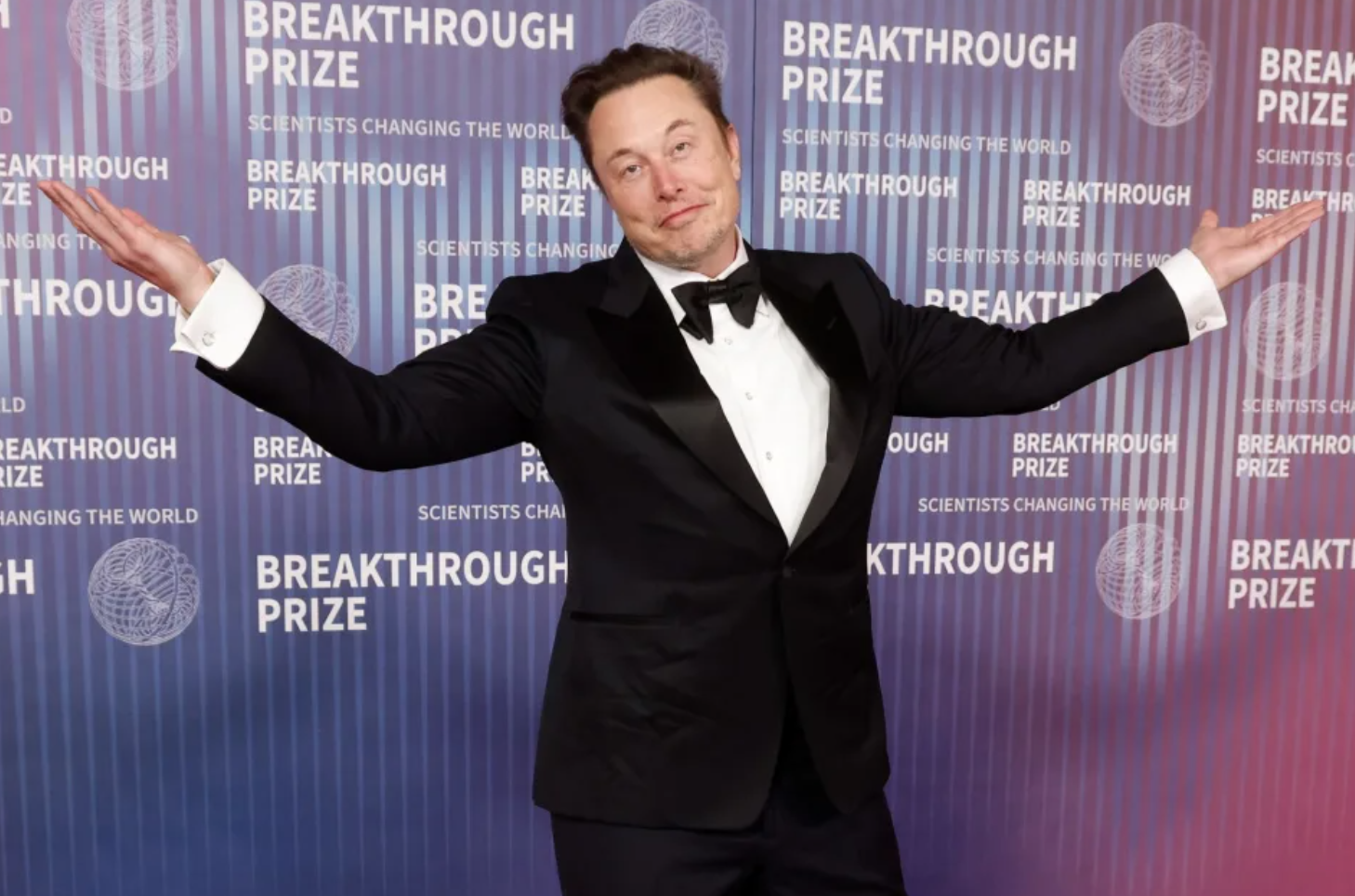
In the evolving narrative of Tesla, one thing remains consistent: Elon Musk refuses to play by the rules—especially when those rules resemble anything conventional. This time, that defiance has taken a new form. According to a recent report by The Information, Musk has completely dismissed internal Tesla proposals to greenlight a compact, affordable electric vehicle—one that could be sold at a $25,000 price point and fill a gaping hole in Tesla’s lineup.
Why? Because such a vehicle, in Musk’s view, is “too ordinary” to be worthy of Tesla’s futuristic brand.
Instead, Musk is doubling down on what many inside the company reportedly consider a far more speculative, and potentially money-losing, venture: the Cybercab. This radical, AI-powered robotaxi features no steering wheel, no pedals, and only two seats—designed for autonomous fleets rather than individual ownership.
It’s a vehicle that lacks not just human controls, but arguably a realistic market base.
The decision, and Musk’s reasoning behind it, reflect a deeper philosophical shift at Tesla. For Musk, it seems, disrupting the future has now taken precedence over serving the present. While most automakers aim to produce accessible cars to expand their customer base, Musk appears wholly uninterested in what one source described as “a Volkswagen Golf-type car.”
The source went further: “It just doesn’t wake him up in the morning. He was, ‘Let somebody else do it.’”
Tesla's executive team, sensing both a market opportunity and a financial necessity, reportedly pushed for the development of what fans have long dubbed “Model 2”—a small EV that could rival Chinese competitors and appeal to cost-conscious consumers around the world. They suggested building both the Model 2 and Cybercab using the same platform and assembly lines to reduce costs.
But Musk rejected this hybrid strategy outright, effectively killing off the low-cost EV.
Instead, Musk chose to pursue the Cybercab with a kind of singular, almost messianic focus. For him, it wasn’t about profits in the short term, or even delivering what the market wanted. It was about delivering the future—on his terms.
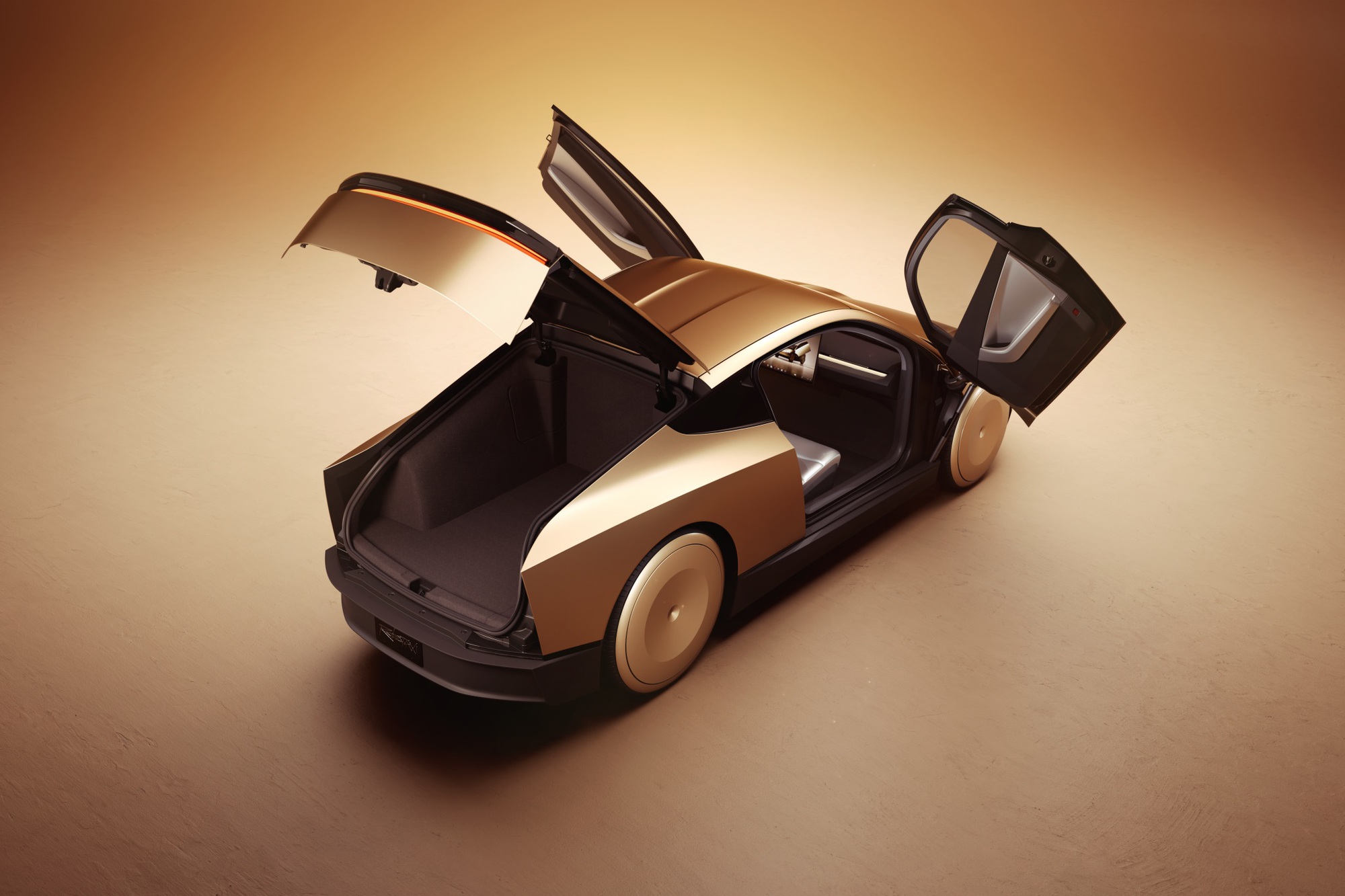
Yet that future, according to internal Tesla analysis, may not be so profitable. The report warned Musk that the Cybercab might never make money. Analysts forecasted the total addressable market for robotaxis in the United States might max out at under 1 million units per year.
Overseas expansion looked grim as well, with regulators likely to block vehicles that omit basic safety components like steering wheels and pedals. Best-case scenario? A few hundred thousand sales. That’s a far cry from the millions Musk is hoping for.
Musk’s strategy seems increasingly driven not by market analysis but by gut instinct. And while that instinct has yielded success in the past—think the Model S, Superchargers, or the early dominance of the Model 3—it has also led to notable misfires.
The Cybertruck, for instance, has polarized even the most devoted Tesla fans. With its controversial design, ballooning price tag, and sluggish rollout, it risks becoming Tesla’s first commercial dud.
Still, Musk doesn’t appear fazed. In fact, he’s leaning in even harder on his vision for an AI-centric Tesla. Earlier this year, he declared that any company not pivoting toward artificial intelligence “won’t survive.”
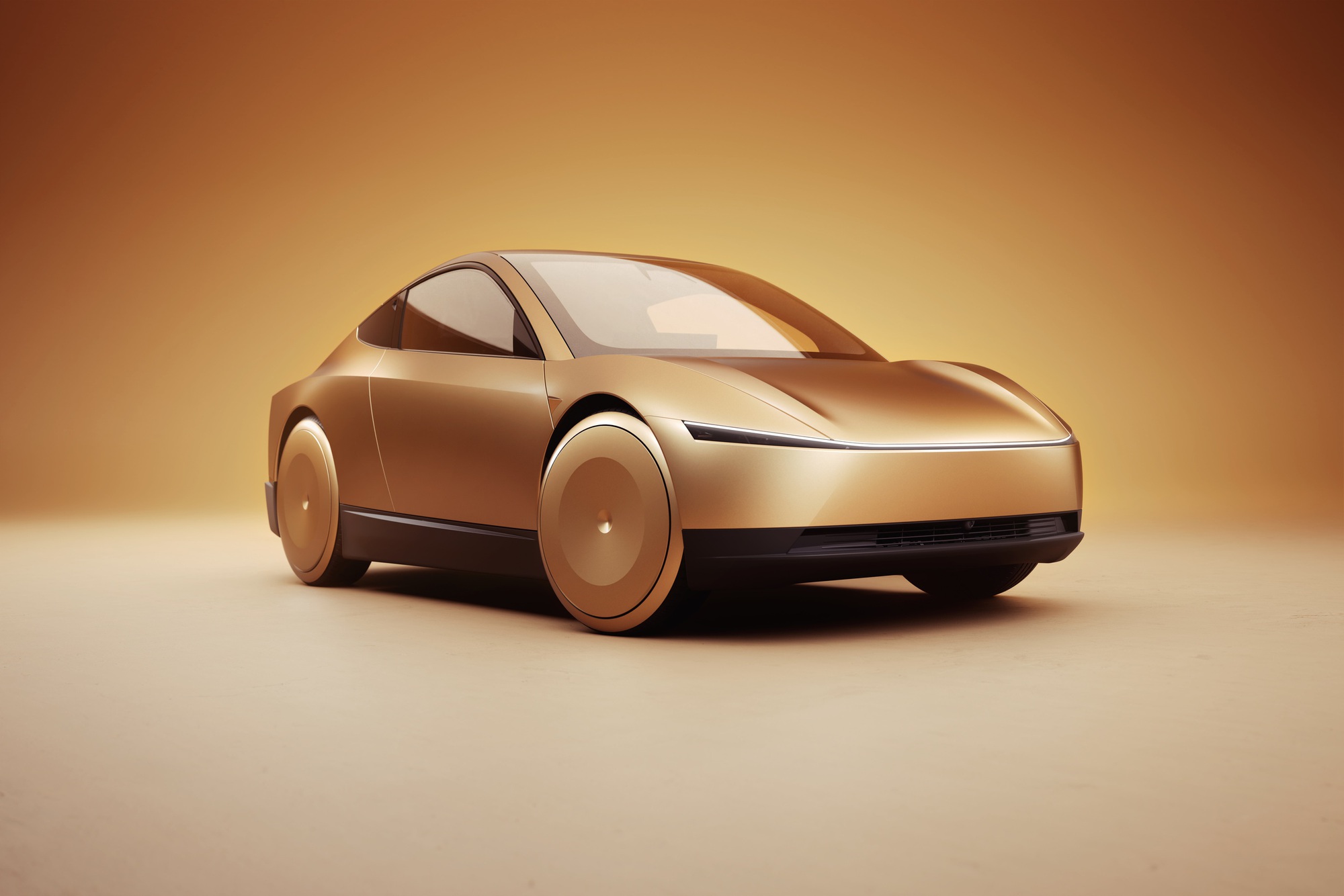
Not long after, Tesla abandoned its long-held goal of selling 20 million EVs annually by 2030—a target Musk had famously pulled “out of thin air” but which investors had treated like gospel.
In its place, Musk unveiled a new obsession: Optimus, the humanoid robot Tesla is developing. According to Musk, Tesla will eventually sell 100 million Optimus droids per year, each costing $10,000 to build but priced significantly higher, yielding an estimated $1 trillion in annual profits.
For context, that’s over 10 times what Apple earns in a year.
But the real kicker? Musk insists this robot revolution will usher in a post-scarcity society where “you can literally just have anything you want.” It’s a seductive vision—one where Tesla doesn’t just build cars or even robots, but manufactures utopia.

While Musk focuses on world-changing ideas, there’s a glaring problem: consumers still want cars. Not self-driving pods, not humanoid servants—just affordable, well-made electric vehicles. The demand for a $25,000 Tesla remains sky-high, especially as competitors in China and South Korea push into the budget EV space.
Instead of seizing the moment, Musk appears to be abandoning it altogether, leaving that lucrative segment for others. Tesla’s loyal base may tolerate long delays, eccentric product launches, and even missed promises—but abandoning the dream of an affordable Tesla? That could hurt.
And make no mistake, Tesla needs that volume. With first-quarter results looming and automotive margins shrinking for the third consecutive quarter, analysts are increasingly concerned. The company’s revenue still relies heavily on traditional vehicle sales, and without a new mass-market model, growth could stagnate.
Tesla’s upcoming “Company Update” on Tuesday will be closely watched. Many are bracing for disappointing margins and confirmation that the affordable EV dream is indefinitely shelved. Investors may start questioning whether Musk’s high-concept plays can compensate for missed opportunities in the real world.
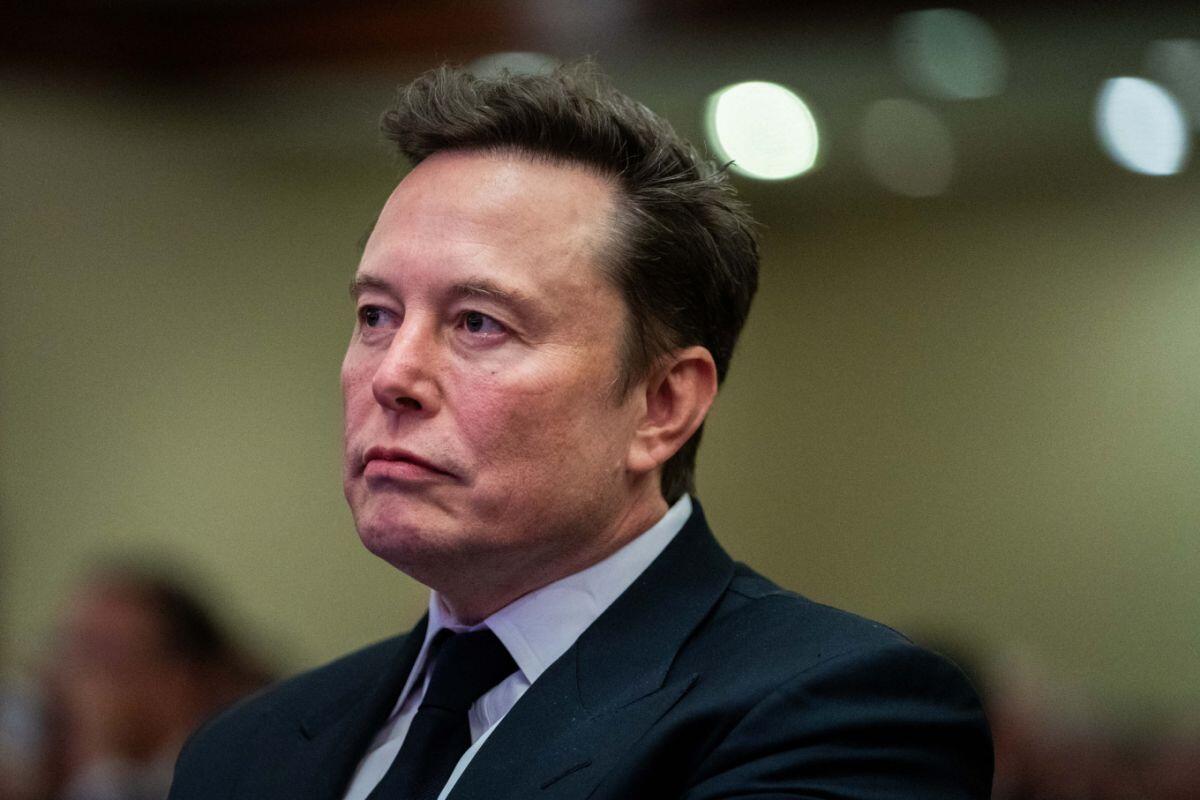
In the end, this isn’t just about a car. It’s about what kind of company Tesla is—and what kind of leader Elon Musk wants to be.
Choosing the Cybercab over the Model 2 signals a company willing to trade short-term stability for long-term moonshots. It’s a high-risk, high-reward gamble that could pay off spectacularly—or backfire with equal force.
Musk’s personal disdain for the “mundane” seems to be shaping Tesla’s corporate DNA. He doesn’t just want to beat Toyota or Ford—he wants to render the entire concept of car ownership obsolete.
But in doing so, he risks alienating the very people who helped build Tesla into a global powerhouse: everyday drivers who just wanted a better car.
So while Musk pursues robotaxis, humanoid AI, and techno-utopias, one question remains: What if the world wasn’t ready to leave behind the steering wheel? What if people just wanted that simple, affordable Tesla all along?
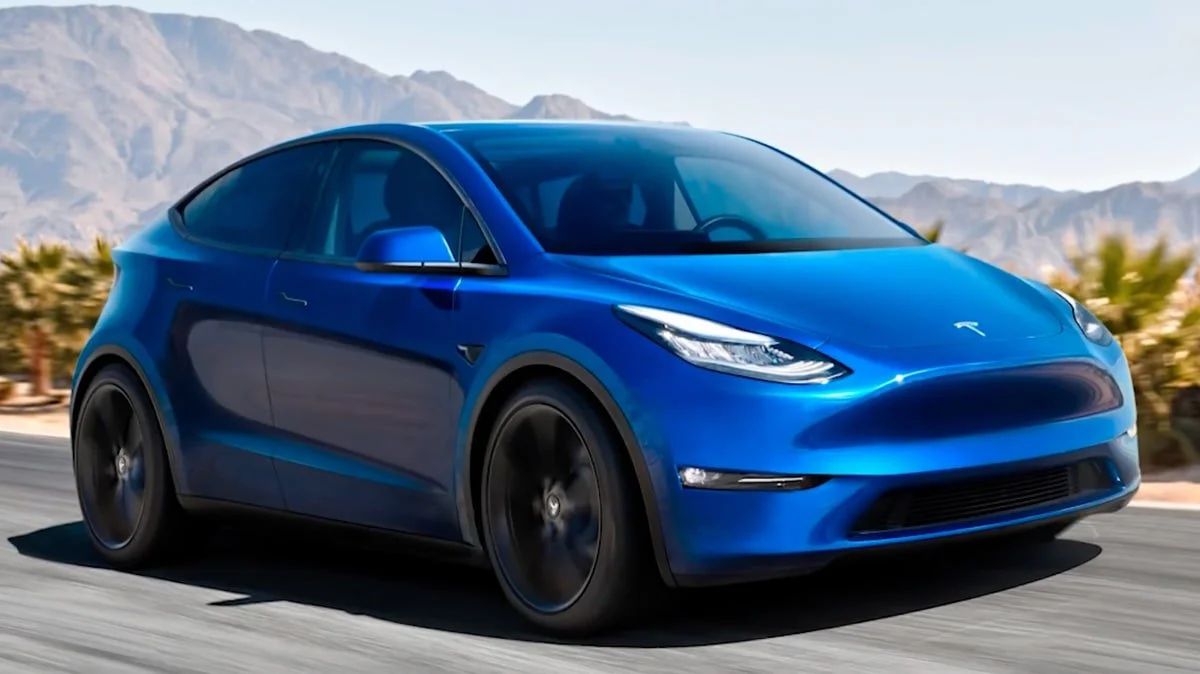
-1747904625-q80.webp)
-1742653910-q80.webp)
-1747889572-q80.webp)
